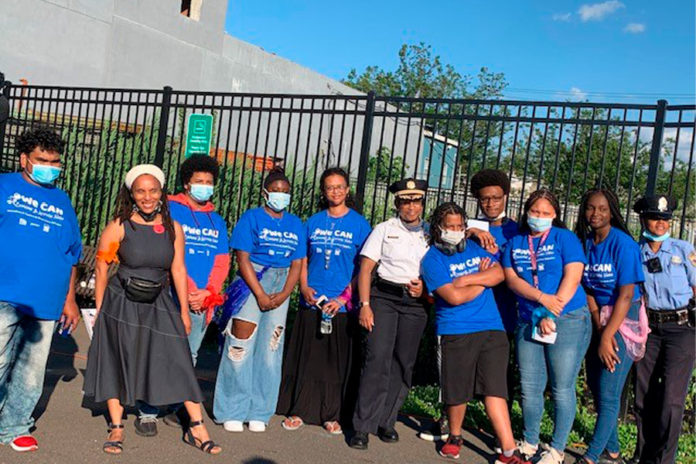For many years, a multitude of credible sources have produced studies showing that hotter temperatures are correlated with higher levels of violent activity in communities. Several theories explain why higher temperatures seem to cause more violent behavior, with explanations addressing the psychological and physical effects of heat, as well as the impact of heat on social cohesion.
Scientists and researchers believe heat affects hormonal balances in people’s bodies, which then have an affect on mood and cognition; and the discomfort of heat causes heightened levels of stress, irritability, and impatience. Beyond the impacts of heat on individuals’ bodies, minds, behavior and choices, heat can also reduce the interactions between neighbors – particularly in neighborhoods where there are fewer opportunities to experience relief from the heat. When neighbors interact less, there is less goodwill among them; less opportunity for people to look out for each other; and less opportunity for people to resolve conflicts in healthier ways.
The data is also very clear that the heat-violence correlation is stronger in low-income neighborhoods – where not only are temperatures much higher on average due to lower rates of tree canopy and other greenery to cool the land, but also emotional, psychological, and physical stress levels are already higher, chronic health conditions that could be exacerbated by heat are more prevalent, and baseline levels of crime are already higher. Further compounding the problem, heat rises during a season when children, youth and young adults are out of school and do not have as much positive activity to fill their time. Idle time contributes to already-dangerous conditions.
A group of young people in Hunting Park are taking part in a summer program that is specifically intended to combat violence in the neighborhood, by engaging them in positive activities that will build their skills for the future.
Nearly 50 young people in the neighborhood will participate in paid summer programs for varying lengths of time across many disciplines. They are earning up to $15 per hour while contributing value to their communities through their activity. At Esperanza, some youth are working within local small businesses to learn about entrepreneurship and various industry-based skills (restaurants, pharmacies, automotive services, beauty salons and more); others are completing a Social and Environmental Justice internship with a focus on trees, greening, and neighborhood clean-ups; some youth are working with Esperanza College on community health education; and others are interning with the Esperanza Performing Arts Center and Teatro to help coordinate performances in music, theater, dance, and other arts. Norris Square Community Alliance, the lead organization who provided subgrant funds to Esperanza to operate this program, is also conducting its own youth-centered antiviolence activities along with other community-based partners.
Interns will have various unique experiences over the course of the summer, depending on which internship they chose to participate in. But the common denominator across all internships is the abundance of value these experiences will provide, addressing many different levels of need. The internships will keep these particular young people off the streets during the heat of summer, when they might be at higher risk of becoming victims or perpetrators of violence. It will point them in a different, more positive direction by building their skills in their chosen areas of interest. Internships will build participants’ resumes and their economic self-sufficiency by providing them a reasonable wage for their internship work. Beyond the individual level of each participant, these internships help set a tone and positive cultural environment in the neighborhood. Participants are modeling positive behavior to their friends, family, neighbors and peers – and the tasks and responsibilities of each internship bring strong and valuable benefit to the neighborhood. Ultimately, summer internships are designed to help lower the risk of violent experiences for our community youth; spread a culture of positivity instead of violence; and simultaneously give a summertime boost to cleaning, greening, arts, health and wellness, and thriving businesses in the neighborhood. Stay tuned for participant testimonials throughout the summer!







